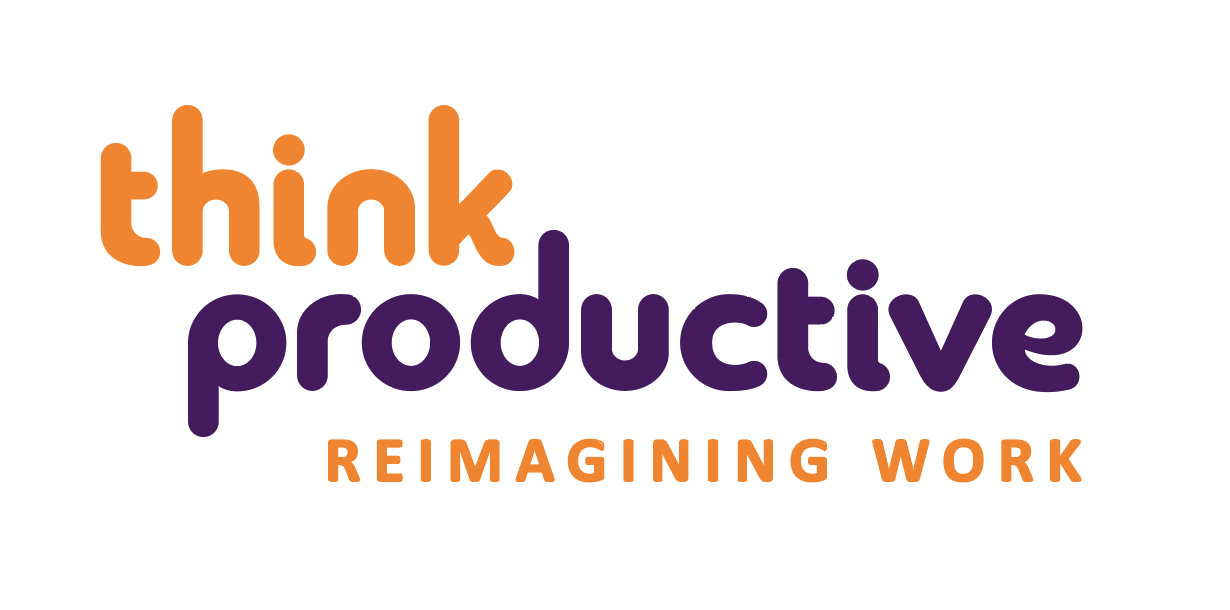The problem is that everyone is ‘busy’. Emails, meetings, ubiquitous connectivity, rapid response, etc. etc. Often, employees are stretched across so many tech platforms and projects – and operating in an air of permanent change and unclarity – that they feel they are getting nowhere. That’s exactly what we’re tackling with our Time Management Training because they are right. How organisations deal with this defines their culture and, ultimately, the impact their employees generate.
As a Productivity Ninja, I am privileged to work with some of the most – and least – productive companies in the world. And the difference between the two is not about technology or individual brilliance; it is down to culture. What do I mean by “culture”? Well, I would define “culture” as “the aggregate of the behaviors and habits of the individuals in an organisation, which shape the work environment for each individual.”
Some organisations have terrible productivity culture, and some have great culture. How do companies move from the former to the latter? Here are three questions leaders should ask.
1. Do we have too much technology?
For a long time, technology was seen as the solution. If people weren’t getting stuff done, it was (assumed) because they lacked the appropriate means of communication. Technology was obviously the answer – cheap, uniform, and scalable. How could it fail? Except that it did fail. We see more and more organisations where people seem to spend most of their time just dealing with technology. They used to have email. Then someone said, “Hmmmmm, this isn’t working; we need something faster. How about Instant Messenger?” And so, IM culture was born. Then, via a similarly flawed logic, everyone started using text messages. Then WhatsApp. Then Facebook. Then Slack. And soon, everyone was communicating all day, feeding the never-ending requirements of their tech infrastructure. The only thing they weren’t doing was: Any. Actual. Work.

So, if your people are wearing themselves down to tiny little stumps of human beings, pushing against numerous technology interfaces all day long, making little or no progress… liberate them! We can show you how in our Email Training and Time Management Training sessions.
2. Are we focused on avoiding errors, or on generating insights?
In his excellent work on generating insights, Seeing What Others Don’t, Gary Klein talks about the tension in organisations – between avoiding errors (what we might call “the compliance culture”) and generating insights (what we might call “value generation culture”). The point is that it is hard to establish a culture that does both. While generating insights is difficult, setting a culture that avoids errors is easy: technology will do most of the work. Compliance, box-ticking, reporting, standardization – these are what technology-heavy environments are best at. The problem is that, since the dawn of time, no-one ever had a valuable insight while ticking a box.

In the companies with the least productive workplace culture, the question is, “Are you up to date with your Project Management tasks?” rather than “What can you do today that will delight your client?”
So, if you think that your work environment may be more geared to avoiding errors than generating valuable insights, you are probably right. Again, we can help with our Time Management Workshops.
3. Do we engage in robust communication?
In parallel with the prevalent tech-heavy, compliance-driven culture, we have also seen the emergence of an organisational fuzziness; an unwillingness to talk straight and have robust dialogue. Matthew Crawford talks about this in the wonderfully-titled The Case for Working with Your Hands – or why office work is bad for us and fixing things feels good. Because our work today is mainly abstract – and invisible – we can only talk about it in abstract ways. Look at any corporate mission statement, or the buzzword-fest in a typical annual report. Or the prevalence of jargon. The point is that it is very, very easy to hide in a modern organisation – often for years. And while people are hiding they are not actually doing any proper work – just “busy-work”.
We might compare this with the type of organisation where robust communication and clarity of purpose really matters – a construction crew, or an infantry platoon. Places where failure to perform means that someone gets hurt, or gets killed. These are “crews”, not “teams”. There is nowhere to hide. You can either do the task or you can’t, and no amount of corporate-speak will hide the fact. The best organisations we work with feel like task-focused crews, rather than teams.
If you want to turn your people into a crew, or even better, a Productivity Ninja crew – again, we can help.
By Matthew Brown
Matthew is Think Productive’s Productivity Ninja for London and the South East.
